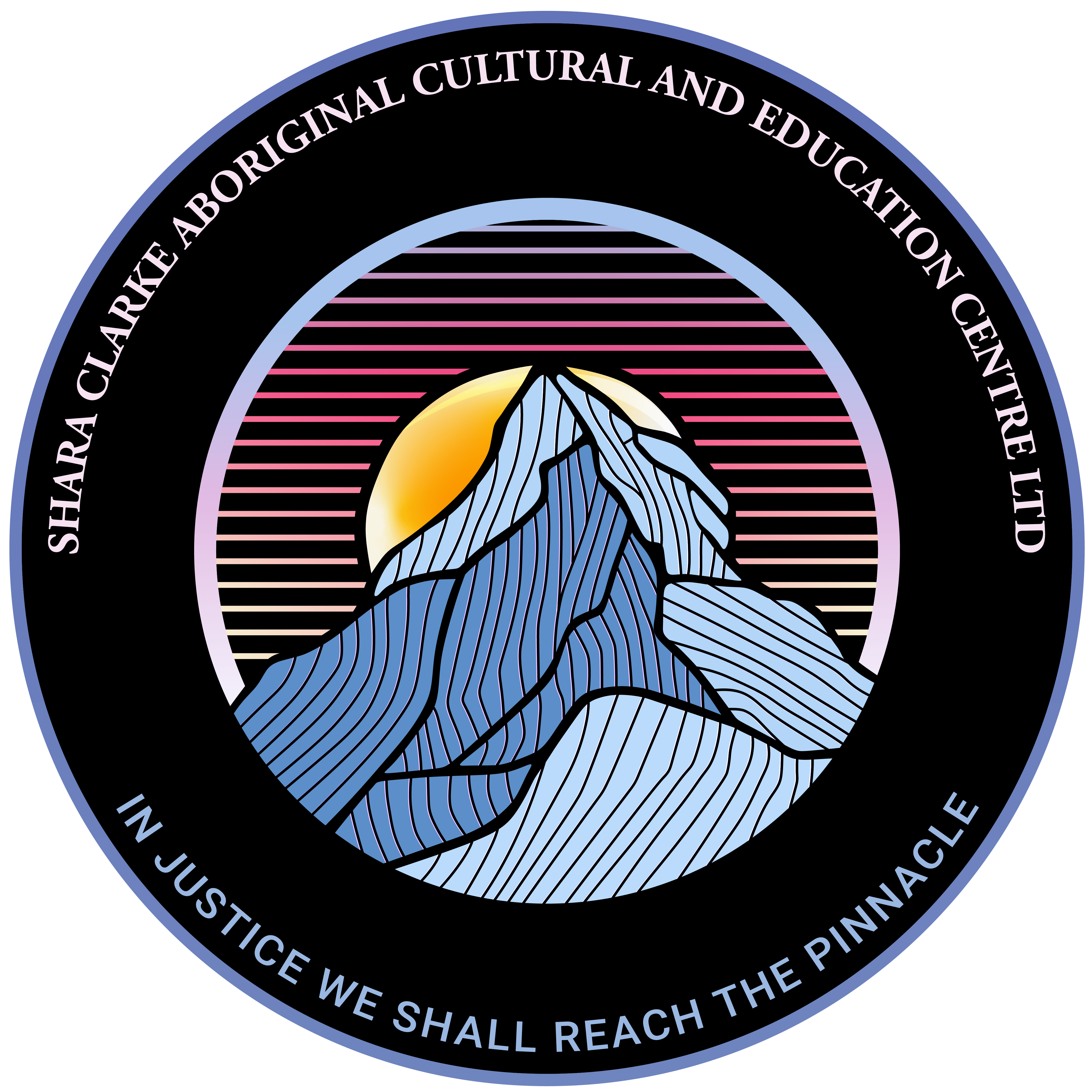Our Connection
Henry "Banjo" Clarke 1923 - 2000
Material below referenced from the Indigenous Australia - National Centre of Biography at the Australian National University and 'Wisdom Man - Banjo Clarke as told to Camilla Chance', Penguin Books, 2003, Sydney

Video can’t be displayed
This video is not available.
Banjo believed that many of the older generation’s principles and stories have not been passed onto today’s youth. The Shara Clarke Aboriginal Culture and Education Centre provides a valuable opportunity for this to happen. Renowned for his compassion and wise words, he promoted respect and forgiveness between Aboriginal and non-Aboriginal people long before the term 'reconciliation' was coined.
Uncle Lenny Clarke, Founder & Principal of the Shara Clarke Aboriginal Culture and Education Centre, Kirrae Whurrong Elder and education liason officer is the son of renowned Elder Henry 'Banjo' Clarke.
Banjo (Henry) Clarke was born around 1922 on Framlingham Aboriginal mission, located near Warrnambool in South-Western Victoria, Australia.
During the Great Depression, Banjo moved to Melbourne with his family to look for work. Having very little formal education, Banjo learned about life from the Elders at Framlingham and from other Aboriginal people he befriended around Fitzroy in Melbourne. Much of his life and teachings has been documented in the book "Wisdom Man".
In 1976, the Framlingham community began a decade-long campaign to secure land rights over their forest. Banjo mobilised his people and a blockade was set up in 1979. The peaceful protest, led by Banjo, garnered significant media attention. He starred in a 1984 film, The Fighting Gunditjmara, which promoted their cause. In 1987, victory was achieved when the Federal Government handed back 1,130 acres to the Gunditjmara people. By then, Banjo had earned the respect and admiration of people across the country, including from senior political figures.
In 1993, Banjo helped organise a concert that grew to become the town's annual Tarerer Festival. It attracts artists such as Banjo's nephew, Archie Roach, who wrote several songs inspired by him. Banjo opened the Port Fairy Folk Festival every year from 1995 – a tradition carried on by his son, Lenny. In this vein, we wish to continue and expand this tradition through the Shara Clarke Aboriginal Culture and Education Centre.
Uncle Banjo passed away unexpectedly in 2000. He was buried at Framlingham. Although he experienced the worst of people at times, Banjo only ever saw the good. He believed that love and compassion could change the world; for that he will always be remembered as truly special.
References:
- Banjo Clarke, and Camilla Chance. 2005. Wisdom Man. Camberwell, Vic. Penguin Books.
- 'Clarke, Banjo (1923–2000)', Indigenous Australia, National Centre of Biography, Australian National University, https://ia.anu.edu.au/biography/clarke-banjo-17786/text29362
- “Henry ‘Banjo’ Clarke | First Peoples - State Relations.” 2019. Www.firstpeoplesrelations.vic.gov.au. September 30, 2019. https://www.firstpeoplesrelations.vic.gov.au/henry-banjo-clarke.
